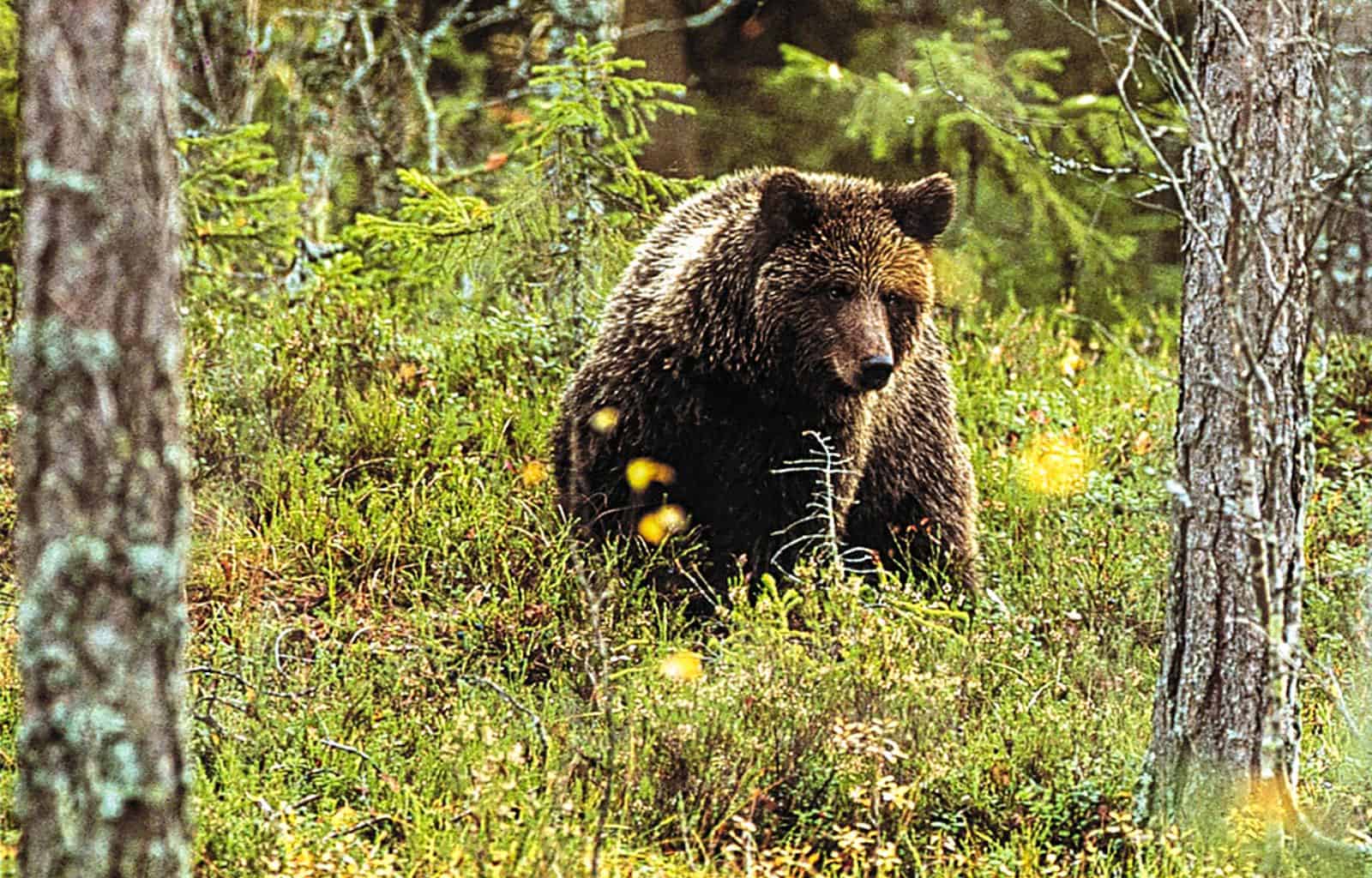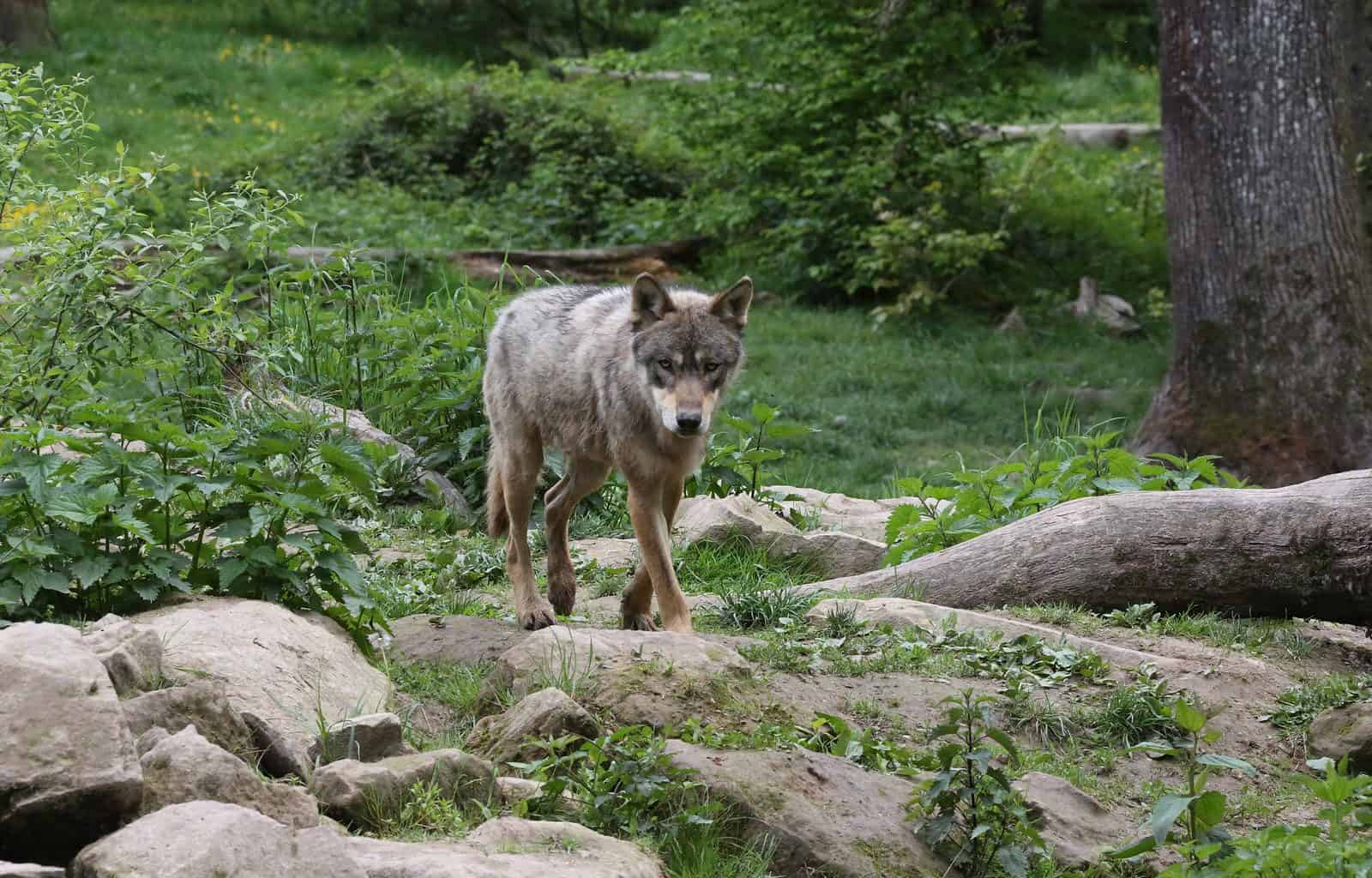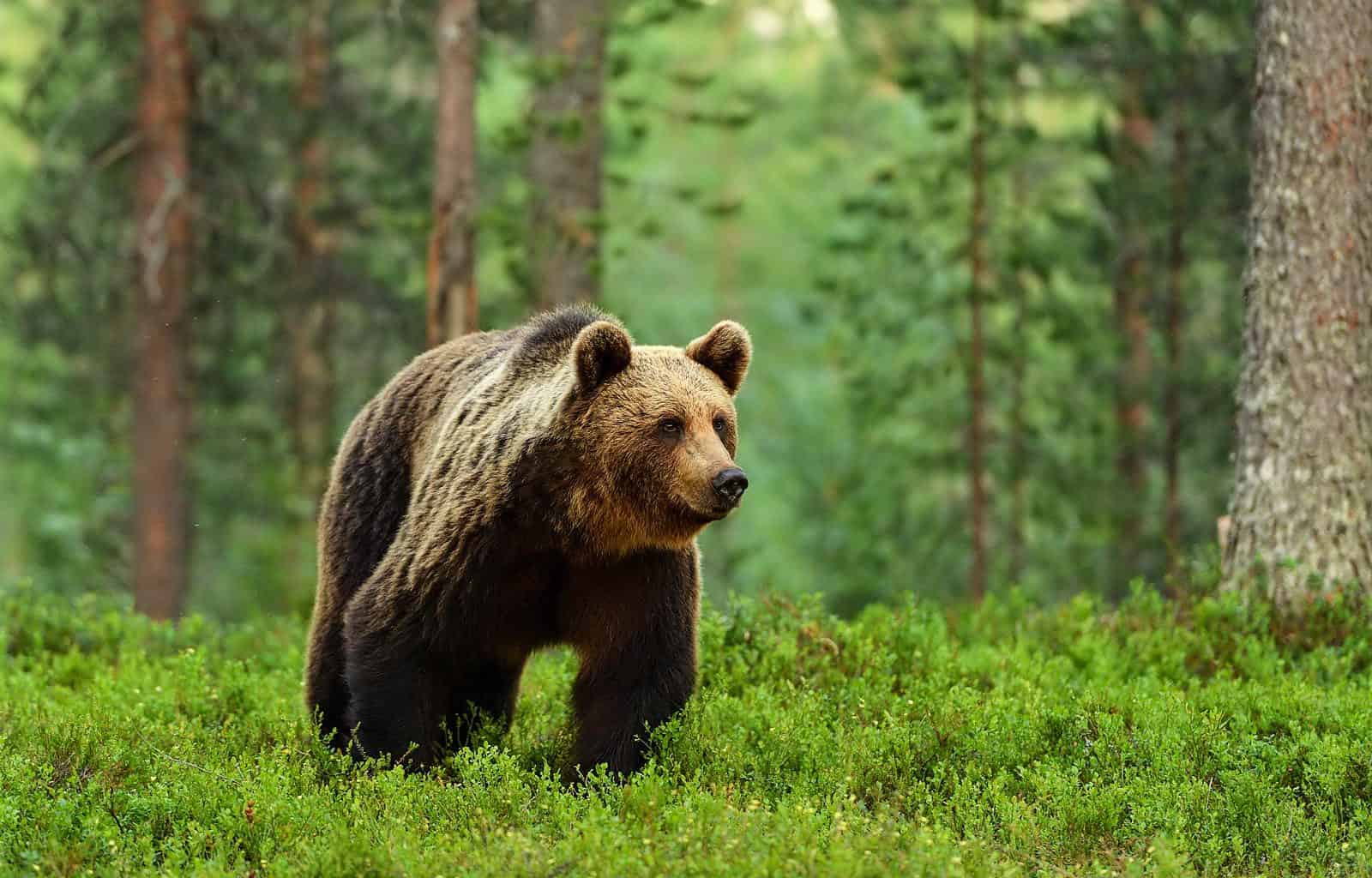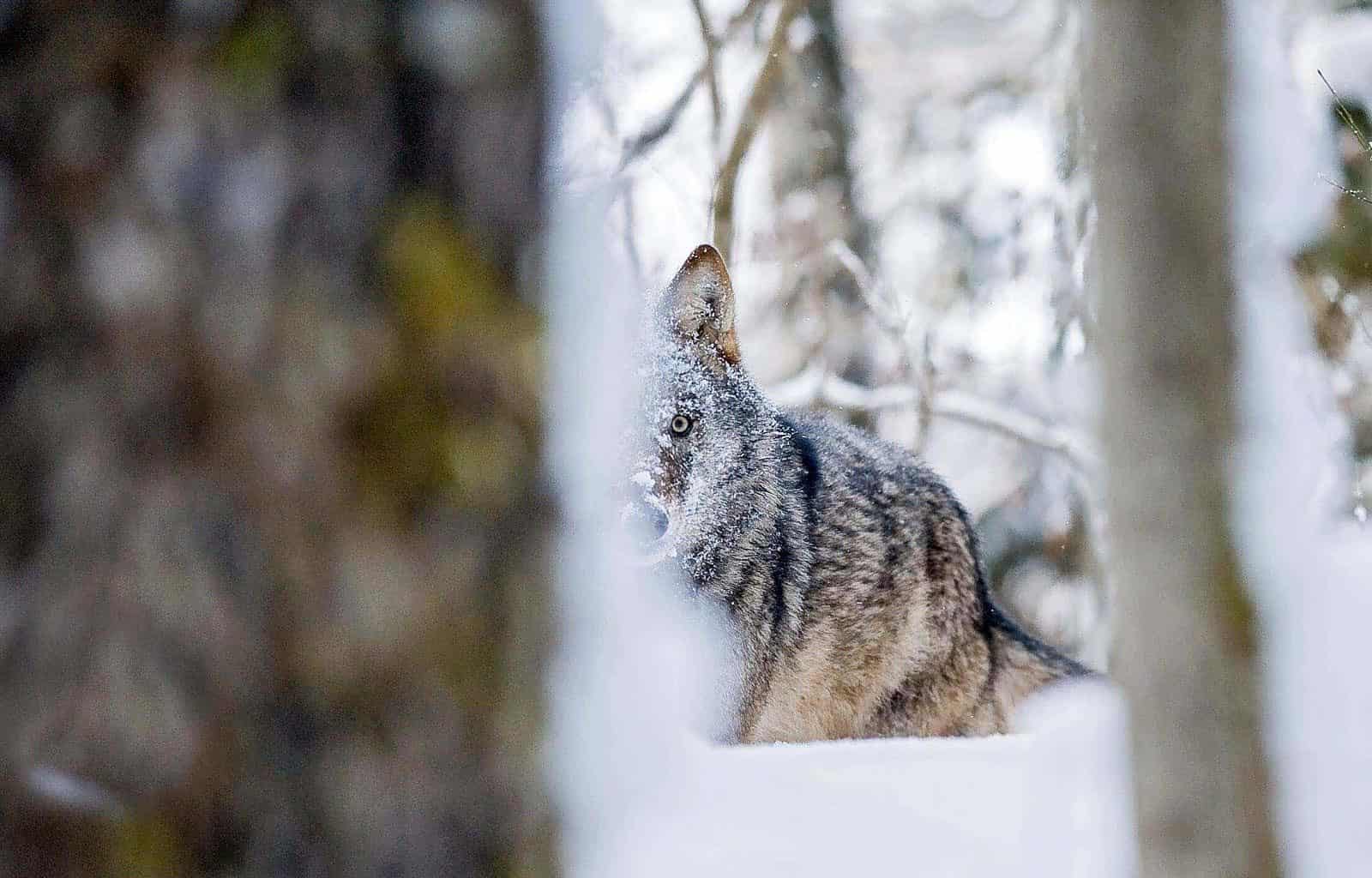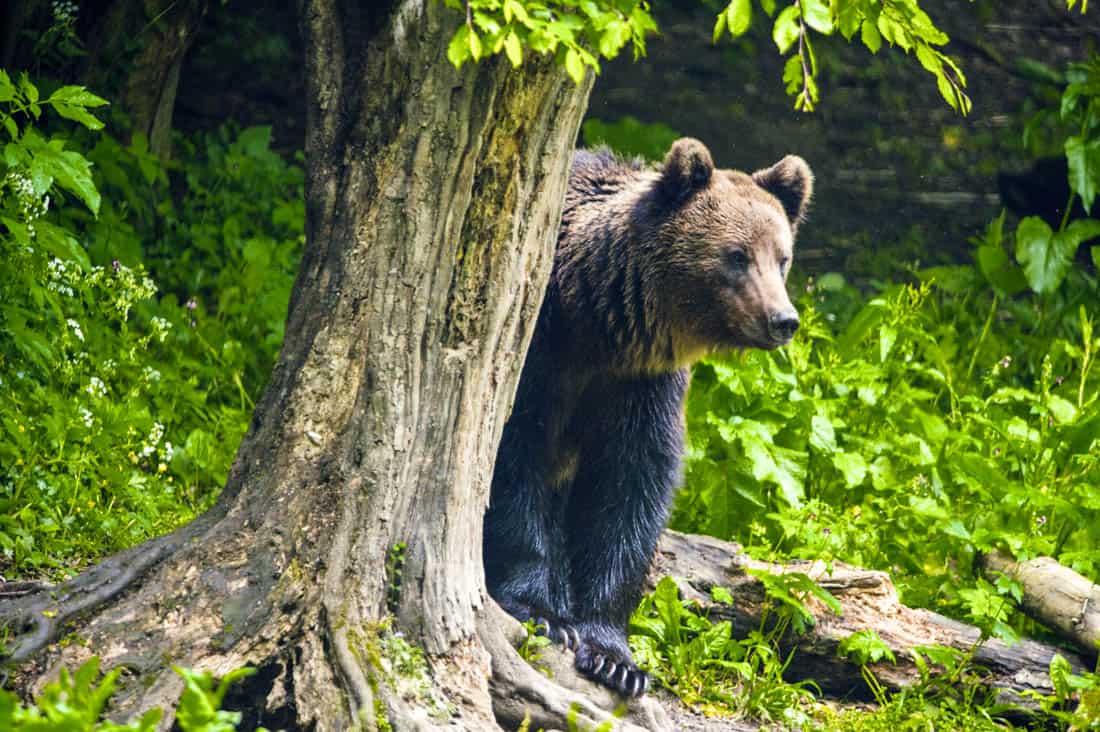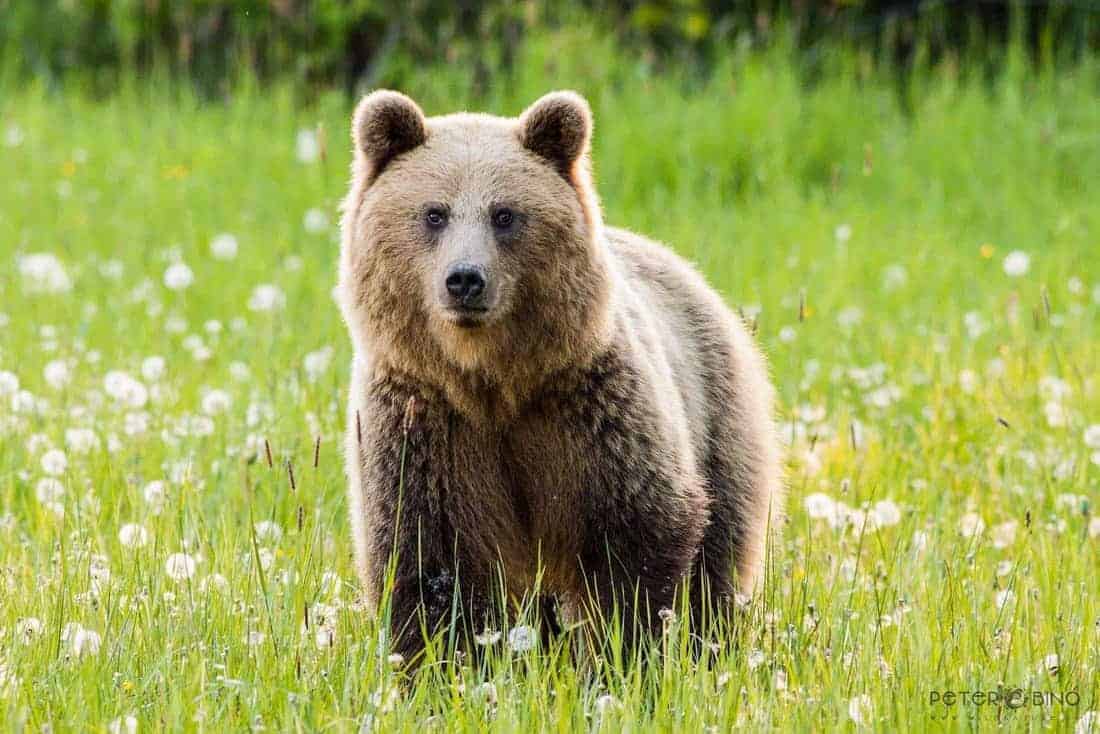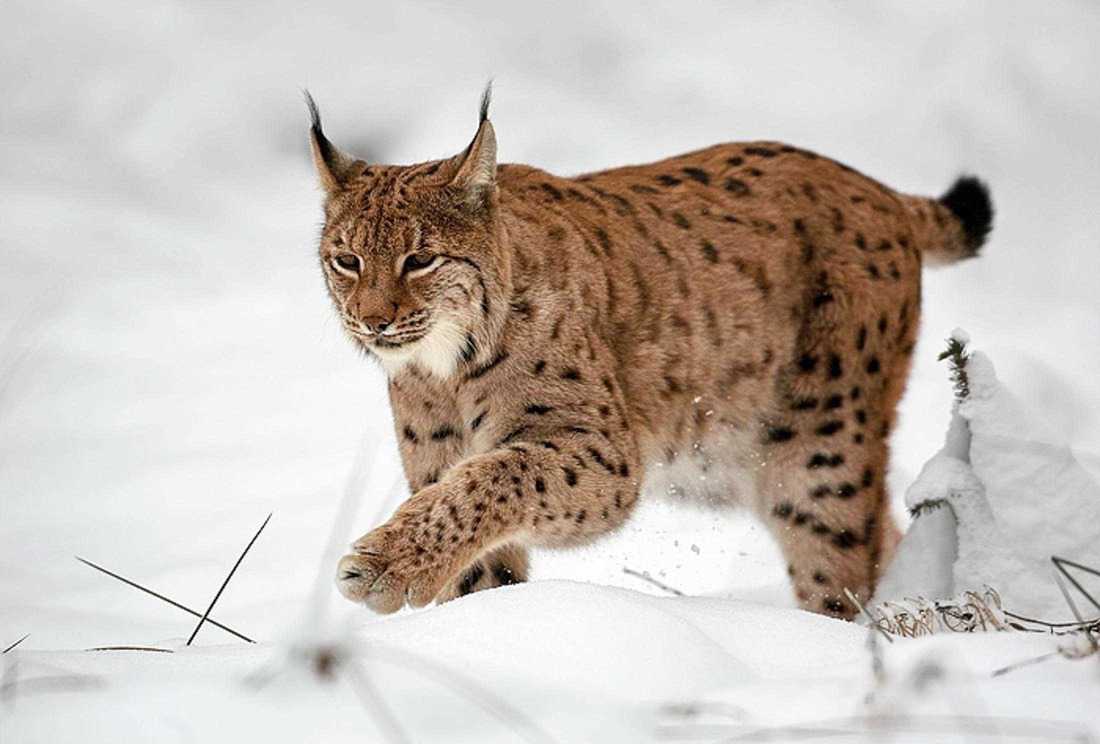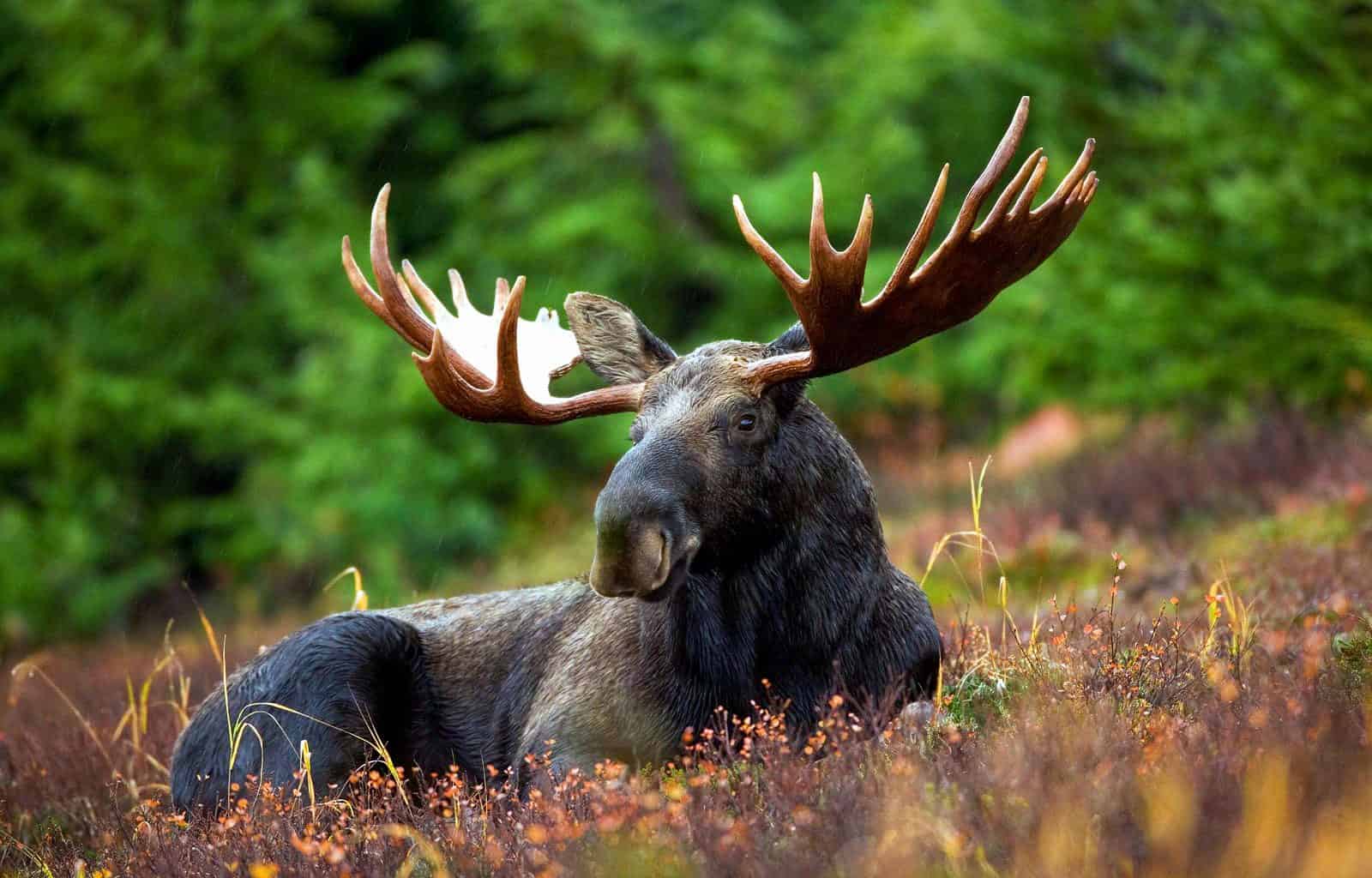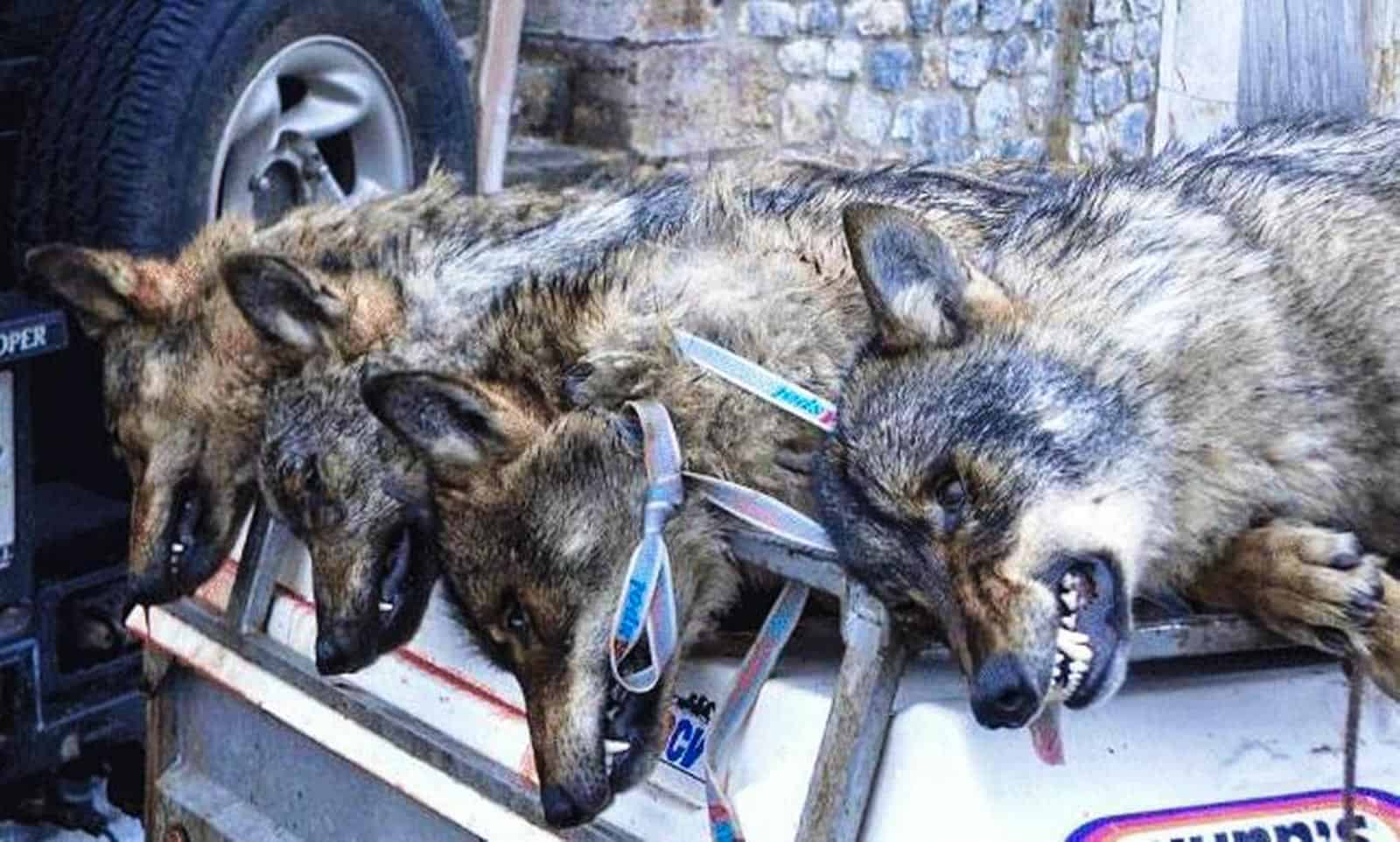Comeback of the Cantabrian brown bear
‘Cantabrian brown bear’ are a population of Eurasian brown bears who inhabit the Cantabrian Mountains of Northern Spain. Critically this population of brown bears has had to adapt to a heavily human modified landscape. Humans have a direct and indirect impact on wildlife, typically these impacts are negative. Furthermore, brown bears are also known to be sensitive to human disturbance.
Recently however there is some good news; the population of Cantabrian brown bears has begun to thrive, with reports of the population reaching 350 individuals.
Please also read: The real life Winnie-the-Pooh
Human-Bear relationships
In North America, Human bear interactions are well studied. Typically bears will actively avoid and exhibit anti-predator behaviour in areas where humans are present. These impacts can negatively effect the day-to-day life of bears. For example, limiting their time spent feeding, finding mates and looking after cubs. For the Cantabrian brown bears, these impacts are even more negative. This is because their population is so confined, additionally there is very little space available in the Cantabrian Mountains.
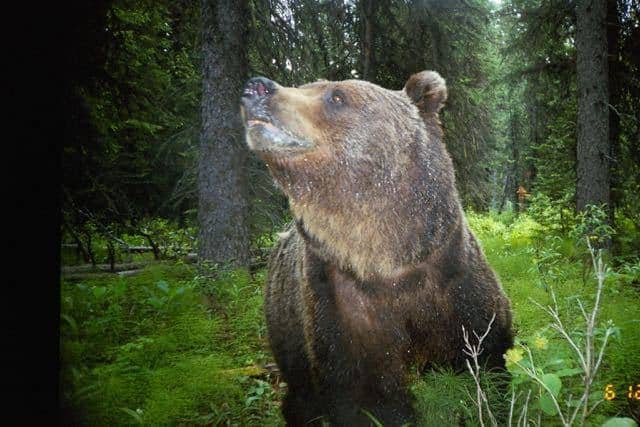
Rare bear in Europe
While large carnivores are rare, brown bears in Central and Western Europe are even rarer. Presently there are only two populations of brown bear in South Western Europe. These are an estimated 30 individuals which live in the Pyrenees mountains of Spain and France, and 350 Cantabrian brown bears in Spain. Additional European bear populations are in Central and Southern European Countries.
The Cantabrian bear population is native.
Never reinforced through reintroduction’s of other bear from areas across Europe, which makes it unique. Therefore it is paramount to ensure the continued survival of this isolated population. A critical part of this will be offsetting the impact we humans may have upon the bears, such as tourism.

